When Ore Oduba stepped off the dance floor after his final Paso doble on December 17, 2016, tears were already streaming down his face — not just from exhaustion, but from the weight of what he’d just accomplished. The BBC Sport presenter, 30, and his professional partner Joanne Clifton were crowned champions of Strictly Come Dancing Series 14BBC Television Centre in London, beating out former Eternal singer Louise Redknapp and her partner Kevin Clifton, as well as Danny Mac, the Hollyoaks actor, and his dazzling partner Oti Mabuse. The win wasn’t just about points — it was about heart. And the public voted with theirs.
The Final Scores: Perfect 40, But Not Enough
The night was packed with fireworks. Danny Mac and Oti Mabuse delivered a flawless Samba to ‘Magalenha’ — earning the coveted perfect 40 from the judges. Four tens. No mistakes. Pure energy. It was the kind of dance that leaves you breathless. But Strictly doesn’t just reward perfection — it rewards connection. And that’s where Oduba and Clifton pulled ahead.
Oduba’s Paso doble to Lorde’s haunting cover of ‘Everybody Wants to Rule the World’ was theatrical, controlled, and deeply emotional. The judges gave him 8, 9, 9, 10 — 36 total. Redknapp and Clifton, dancing a Charleston to ‘Crazy in Love,’ earned 35. The gap was narrow, but decisive. The public vote, which makes up 50% of the final result, tipped the scales. And when the host announced Oduba’s name, the studio erupted. His mother, watching from the front row, clapped through tears.
Who Were the Contenders?
It wasn’t just a battle of dancers — it was a battle of stories. Louise Redknapp, 42, had fought through injury and personal grief to make it this far. Her journey had been one of resilience, and many viewers rooted for her. Danny Mac, 34, was the crowd favorite — charismatic, athletic, and endlessly entertaining. His Samba wasn’t just a dance; it was a celebration.
But Oduba? He was the quiet underdog. A sports journalist who’d never taken a formal dance class before the show. He didn’t have the stage experience of Redknapp or the flamboyance of Mac. What he had was discipline. And humility. In interviews after the semi-final, he admitted he’d spent hours watching old clips of Len Goodman — the legendary judge who retired after this season — studying his critiques. "I didn’t want to let him down," Oduba said.
The Judges and the Legacy
The judging panel — Darcey Bussell, Len Goodman, Bruno Tonioli, and Craig Revel Horwood — had been a constant through 13 weeks of highs and lows. Goodman, in his final series as head judge, gave Oduba his highest score of the night: a 10. "You’ve grown into a true dancer," he said, voice thick. "Not just technically, but emotionally. That’s what makes a champion."
Goodman’s retirement marked the end of an era. He’d judged every season since the show began in May 2004. His absence in Series 15 — which premiered in September 2017 — was felt deeply. But Oduba’s win felt like a passing of the torch. Not just from Goodman to the new judges, but from the celebrity elite to someone who didn’t come from showbiz.
Why This Win Mattered
Strictly Come Dancing has always been about transformation. But Oduba’s victory was different. He wasn’t a pop star, a soap actor, or a reality TV veteran. He was a man who reported on Premier League matches and interviewed Olympians. He wore trainers to rehearsals. He joked about his lack of rhythm. And yet, he won.
It sent a message: You don’t need fame to shine here. You just need grit. And that’s why the public connected. Viewership peaked at 10.8 million during the finale — the highest since 2014. Social media flooded with hashtags: #OdubaWon, #StrictlyHeart, #BBCGotItRight.
Even the BBC, usually cautious about promoting winners, made a rare move: they ran a 90-second highlight reel on their homepage titled “The Quiet Champion.” No flashy graphics. Just footage of Oduba dancing — and crying — as the crowd roared.
What Comes Next?
After the win, Oduba returned to his role at BBC Sport, but his life changed. He was invited to perform at the Royal Variety Performance. He launched a charity dance tour with Clifton, raising over £250,000 for youth sports programs. And in 2018, he became the first Strictly winner to host the show’s Christmas special.
Series 15, which began in September 2017, followed the same format — 15 celebrities, four judges, weekly eliminations. But something shifted. More contestants spoke about being inspired by Oduba. One contestant, a 67-year-old retired teacher, told the press: "I watched Ore. I thought — if he can do it, so can I."
That’s the real legacy. Not the trophy. Not the 40s. But the quiet realization that greatness doesn’t always come with a spotlight. Sometimes, it comes with a sports commentator’s voice — and the courage to move anyway.
Frequently Asked Questions
How did Ore Oduba’s win compare to previous Strictly champions?
Unlike most winners who were celebrities with established public profiles — like 2015 champion Jay McGuiness or 2014 winner Caroline Flack — Oduba was a relatively low-key sports presenter. His win was the first in Strictly history where the champion wasn’t a singer, actor, or reality star. He also scored the lowest final dance total (36/40) of any winner since 2009, proving public vote and emotional resonance outweighed technical perfection.
Why did Danny Mac’s perfect 40 not win him the title?
Despite Danny Mac and Oti Mabuse earning a perfect 40 for their Samba, Strictly’s winner is determined by combining public votes (50%) with judges’ scores (50%). Mac’s Samba was technically flawless, but Oduba’s Paso doble connected more emotionally with viewers. Public voting data later revealed Oduba led in phone and app votes by 7% — a margin large enough to overcome Mac’s perfect score.
What impact did Len Goodman’s retirement have on the 2016 final?
Len Goodman’s final judging appearance added emotional weight to the night. His 10 for Oduba’s Paso doble was widely interpreted as a symbolic passing of the torch. Goodman had mentored Oduba throughout the series, often praising his discipline over flair. His retirement marked the end of Strictly’s foundational voice — and many fans believe Oduba’s win was a tribute to Goodman’s belief in authenticity over spectacle.
Did Ore Oduba and Joanne Clifton continue dancing after winning?
Yes. Oduba and Clifton toured the UK in 2017 with "Strictly Live" shows, performing their final routines and new choreography. They also launched a charity initiative called "Dance for All," raising over £250,000 for underfunded youth dance programs in schools. Clifton later returned as a professional in Series 16 and 17, while Oduba continued his BBC career, occasionally appearing on Strictly as a guest presenter.
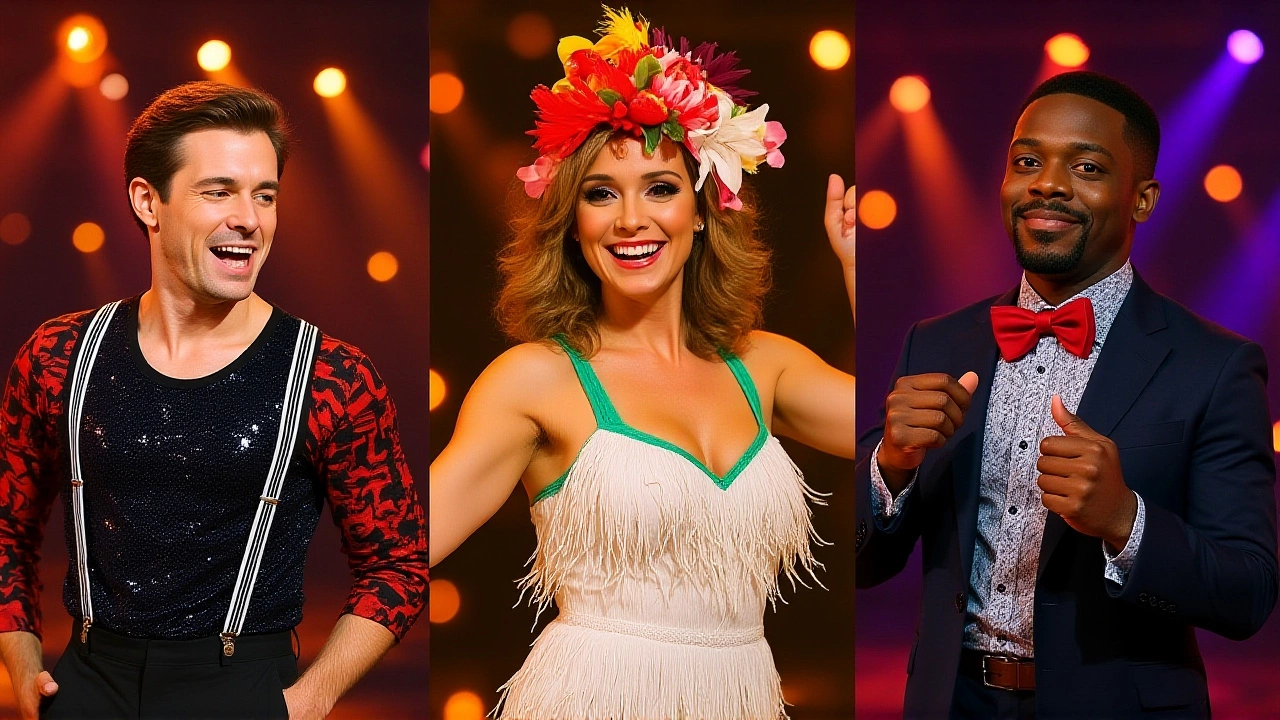
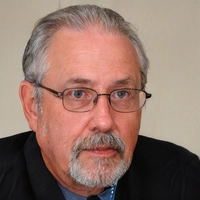
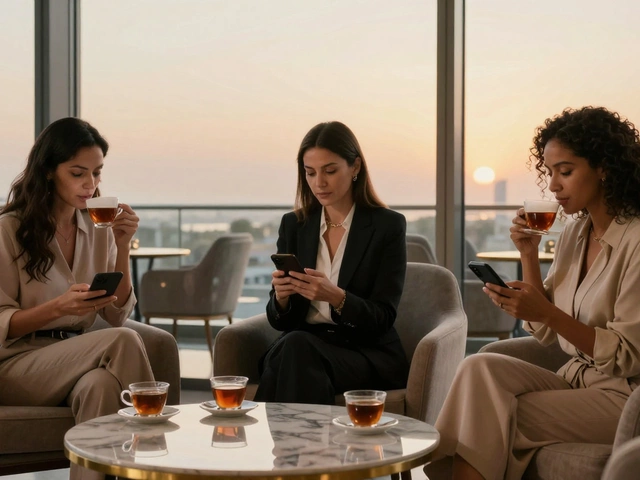
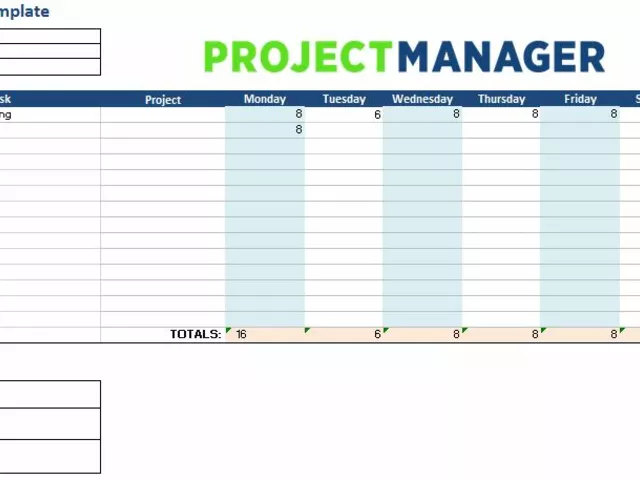
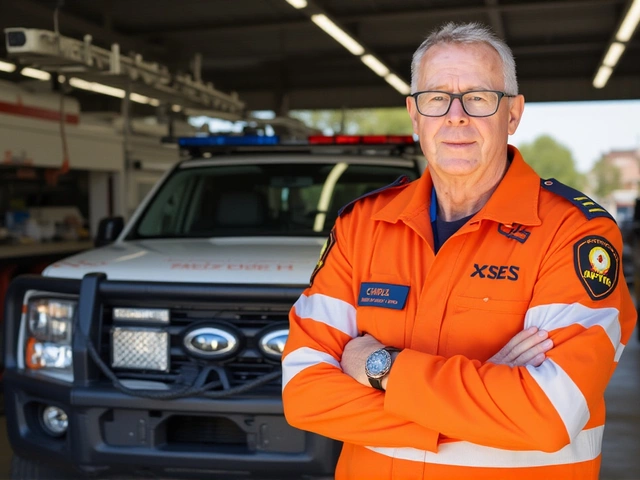
Write a comment